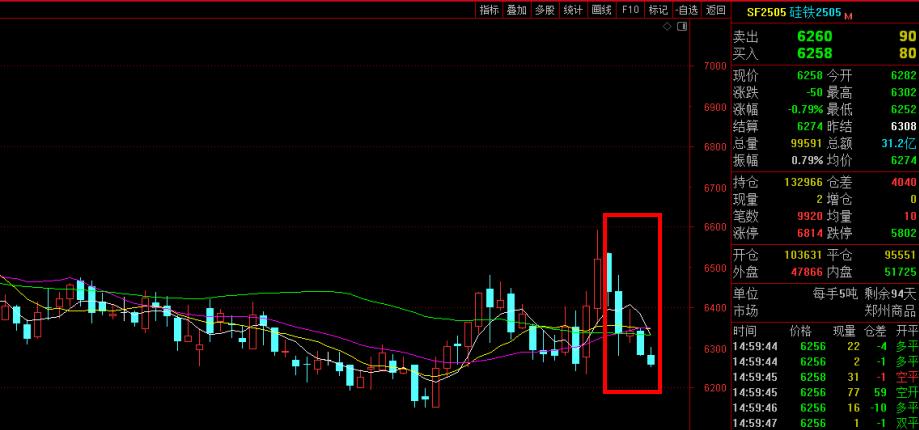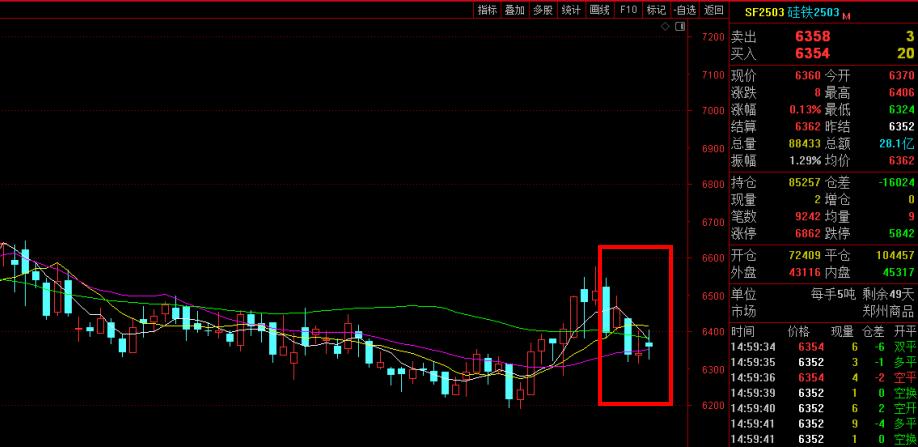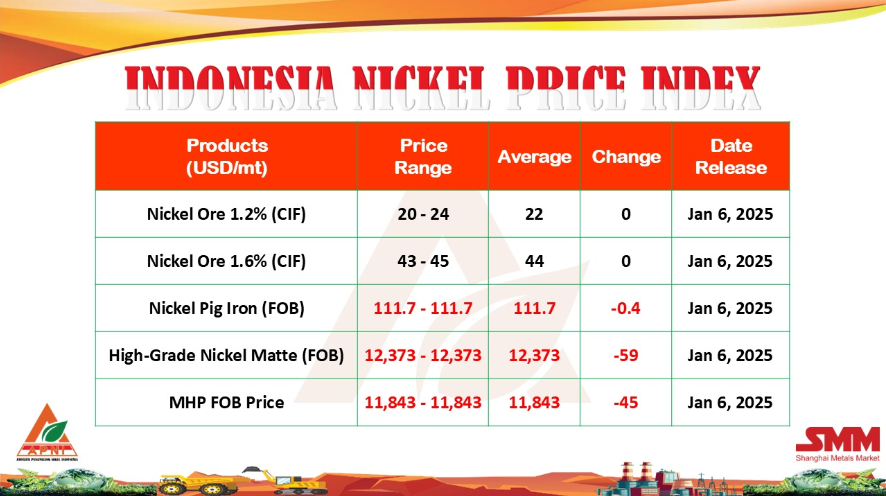By Obinna Chima
The World Bank has predicted that oil prices would rise to $56 a barrel in 2018 from $53 this year, as a result of steadily growing demand, agreed production cuts among oil exporters and stabilising United States shale oil production.
In addition, the Bank predicted that the surge in metals prices was expected to level off next year.
Oil prices rallied on Friday, sending the global crude benchmark above $60 a barrel for the first time in more than two years and lifting the U.S. benchmark for the commodity to its highest finish in nearly eight months.
Prices found support on speculation that the Organisation of the Petroleum Exporting Countries and other major producers would agree to extend their production-cut deal through the end of the next year. To this end, Brent, the global benchmark rose 1.9 per cent to close at $60.44 a barrel. That was the highest settlement for a front-month contract since July 2015. The contract rose about 4.7% for the week.
But the World Bank in its October Commodity Markets Outlook, pointed out that prices for energy commodities - which include oil, natural gas, and coal -- were forecast to climb four percent in 2018 after a 28 percent leap this year.
The metals index was expected to stabilise in the coming year, after a 22 percent jump this year as a correction in iron ore prices is offset by increased prices in other base metals.
Also, prices for agricultural commodities, including food commodities and raw materials, were anticipated to recede modestly in 2017 and edge up next year.
"Energy prices are recovering in response to steady demand and falling stocks, but much depends on whether oil producers seek to extend production cuts," the Senior Economist and lead author of the Commodity Markets Outlook, John Baffes said.
"Developments in China will play an important role in the price trajectory for metals."
The oil price forecast saw a small downward revision from the April outlook and is subject to risks.
Supplies from producers such as Libya, Nigeria, and Venezuela could be volatile.
- [Editor:Wang Linyan]



 Save
Save Print
Print Daily News
Daily News Research
Research Magazine
Magazine Company Database
Company Database Customized Database
Customized Database Conferences
Conferences Advertisement
Advertisement Trade
Trade














 Online inquiry
Online inquiry Contact
Contact

Tell Us What You Think